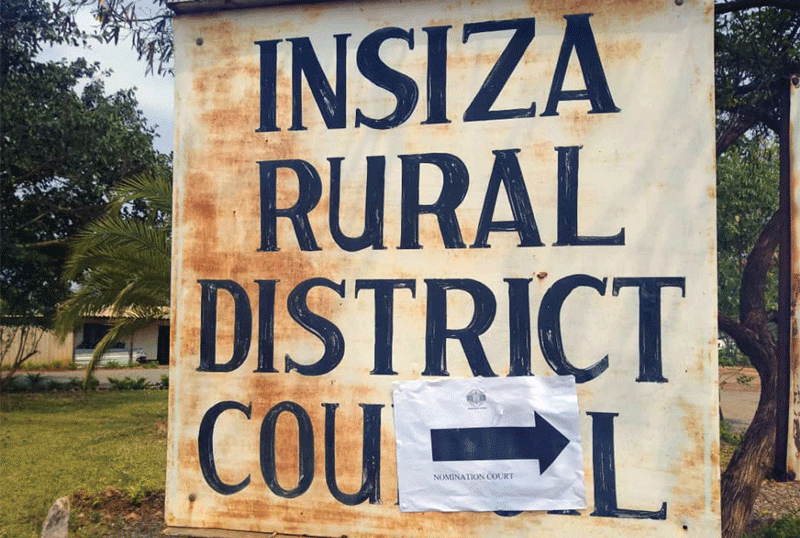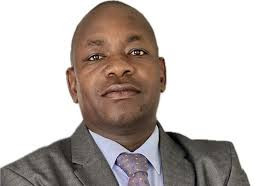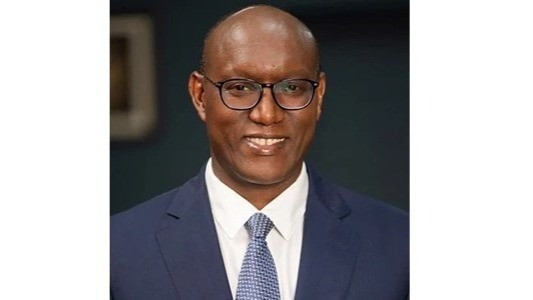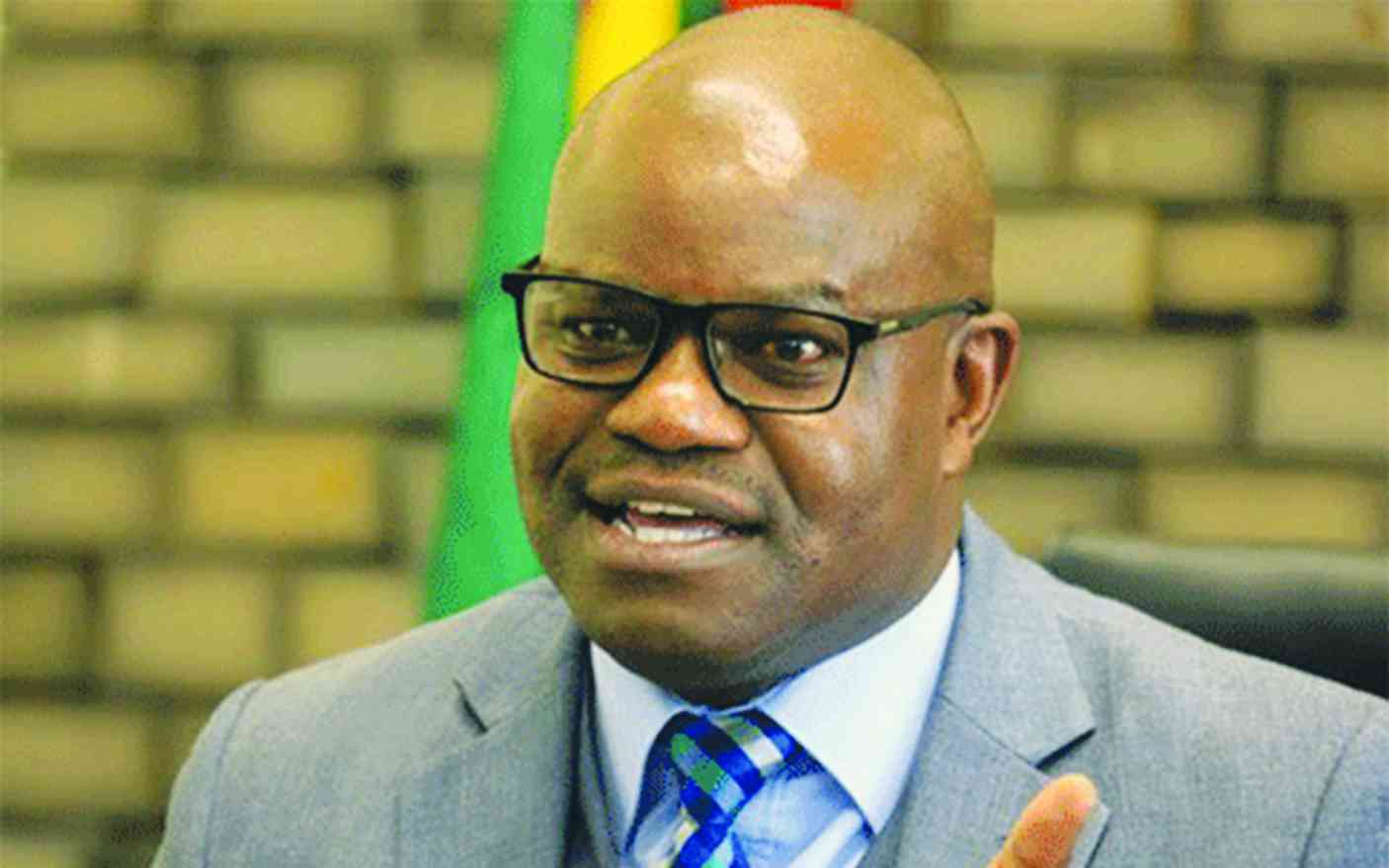
Ten-year-old Kelvin Moyo from Insiza in Matabeleland South was abandoned by his mother when he was a toddler. He was left in the custody of his grandmother while his mother disappeared into the world.
Since then, life has not been easy for Kelvin’s grandmother, Mariam Mombe (80), a widow without any means of income to support herself and her grandson.
Besides the mammoth task of looking after Kelvin, Mombe’s biggest problem has been obtaining identification documents for her grandson. Since he started school six years ago, Kelvin has not had the most important school requirement in Zimbabwe — the birth certificate.
He is in Grade 6 now and, while it has been possible for him to forge ahead without the document, it will now be impossible for him to sit for the crucial Grade 7 examinations without a birth certificate.
“The issue of my grandson not having a birth certificate is on my mind always, but I have no idea what to do,” Mombe says.
“Next year he is supposed to register for Grade 7 examinations and I do not know what is going to happen to him.
“The challenge is that there is no registry office here and I don’t have money to travel to Bulawayo or Gwanda to obtain the identity document for him.”
She added: “I have been to the registry offices in Gwanda before to seek assistance, but officials there want many witnesses, letters and affidavits which I cannot get.”
- I will definitely win 2023 elections: Mwonzora
- We will rule forever: ED says
- Measles death toll hits 650
- Govt challenges youths to participate in tourism
Keep Reading
There are many children in Kelvin’s situation in this part of the country and several other remote areas in Matabeleland. A good number eventually fail to sit for their examinations, ending up abandoning school altogether.
Birth registration is a legal right in Zimbabwe and the government makes it a requirement for every citizen to possess a birth registration certificate and eventually a national identity card.
The Birth and Death Registration Act Chapter 5:02 provides for the registration of births and deaths in Zimbabwe and makes it an obligation for the government to avail facilities to enable citizen to access these documents. This is however not happening. People still have to travel long distances to get to registry offices in towns and cities where the process of obtaining the documents is tortuous.
Birth certificates are essential documents without which one cannot obtain other important documents such as a passport and driver’s licence.
The government has committed to decentralisation of registry offices to districts like Insiza all over the country, but the process is taking years.
This has left many thousands of citizens without birth certificates across the country.
Concerns have been raised over the long distances that people are having to travel to get identification documents. In May, it was reported that lack of funding had stalled the construction of the Insiza registry office, forcing villagers to travel an average 100 km to Bulawayo to obtain identity and travel documents.
Home Affairs minister Kazembe Kazembe said the Treasury had not disbursed a single dollar towards the construction of the office since January this year. The construction of the Insiza registry office began in 2001. Since then, the project has been bogged down by lack of funding.
Finance minister Mthuli Ncube allocated ZW$23 000 000 000, which translates to US$383 000, for the project in his 2024 budget.
“The department had planned to complete construction of Insiza registry by December 2024,” Kazembe told parliament. “However, to date, the funds have not yet been released by Treasury and there is no activity on the site.”
Kazembe was responding to questions from Insiza South legislator Spare Sithole in the National Assembly last week.
Owing to the high number of children without birth certificates, the Zimbabwe Human Rights Commission (ZHRC) and other stakeholders recently conducted a national inquiry on the issue.
In an interview, ZHRC deputy chairperson Dorothy Moyo said the commission has been receiving complaints regarding children documentation.
“The matter was a major human rights issue which led us together with other stakeholders to conduct a research,” Moyo said.
“You realise that the right to education is sometimes linked to the right to obtain a birth certificate because without a birth certificate it becomes very difficult for a child to proceed with his or her education.”
Other stakeholders who participated in the research include the Department of Social Welfare and the Registrar-General’s Office.
A local organisation, Uluntu Community Foundation and other stakeholders have been facilitating the provision of birth certificates to less privileged children in Bulawayo and Matabeleland province.
Uluntu executive director Sibusisiwe Sithole said a number of children in Matabeleland do not attend school due to lack of identity documents.
“Some of the children going to school do not have birth certificates or proper registration documents,” Sithole said.
“If you look at Matabeleland, most young men and women go to South Africa to look for jobs. Many of them end up having children out there, but It is very difficult to raise a family in a foreign country, so they send these children back home.
“Most of them will be in the custody of elderly people and it becomes very difficult for these children to get birth certificates because they do not have birth records.”
She said the organisation’s interaction with communities had also revealed that a significant number of children with disabilities did not have documentation.
“In some cases parents of children with disabilities were hiding their children,” she noted. “They do not assist them to get birth certificates and some of them are not attending school.”
The right of every child to have his or her birth registered without discrimination is recognised in a number of international human rights law treaties and is particularly linked to the right to identity, the right to a nationality and the right to be recognised as a person before the law.
It is a fundamental right, recognised by Article 24, paragraph 2 of the International Covenant of Civil and Political Rights and Article 7 of the Convention on the Rights of the Child.
The United Nations says the fulfilment of the right to be registered at birth is closely linked to the realization of many other rights; socio economic rights, such as the right to health and the right to education.
However, a number of citizens in Zimbabwe residing in remote areas are not enjoying the rights because of lack of access to Registry offices.
World Vision is now working with villagers and other stakeholders in Hwange district in Matabeleland North to assist parents to get identity documents.
Alderman Aloisio Chiuswa, the councillor for Ward 12 in Nekabandama in the coal mining town said the issue of lack of identity documents for children was fueling child marriages and child labour in the district.
“It is a shame that Hwange district continues to hog the limelight for not protecting our children,” said Chiuswa. “A lot of children in this ward do not have birth certificates.
“Most young girls end up getting married after completing Grade 7 because they cannot proceed with their education without birth certificates.”
- This story was produced with support from the WAN-IFRA Women in News Social Impact Reporting initiative.










